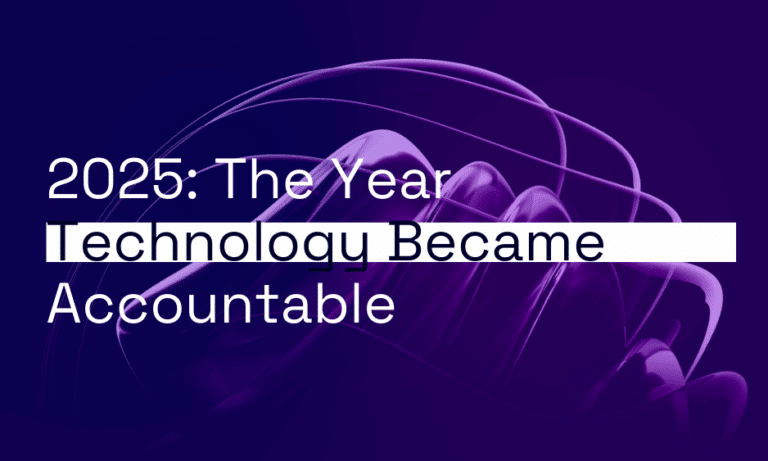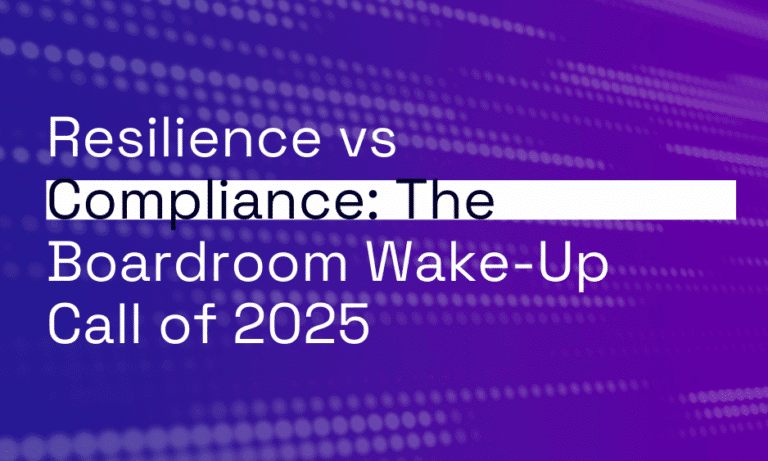
The holiday period offers more than just time for IT maintenance—it’s a rare window to transform how technology supports learning, teaching and administration. Whether it’s refreshing Wi-Fi networks, rolling out devices, upgrading cloud systems, or securing your environment for compliance with the Cyber Security Act 2024, there’s never been a better time to act.
With the rapid acceleration of AI, cloud platforms, and digital learning tools, schools are no longer just adopting technology—they’re expected to stay ahead of it. Cyberattacks targeting the education sector experienced a 44% increase in 2022, compared to the previous year. That’s why forward-thinking institutions are using the quieter months not to catch up, but to leap ahead.
But strategy matters. A rushed rollout or disconnected procurement can create more problems than it solves. That’s why smart schools are treating summer like a strategic sprint—planned, paced, and purposeful.
Why Summer Matters for Tech Transformation
The extended school holidays create a unique window to:
- Upgrade infrastructure with zero classroom disruption
- Deploy and test new technologies before students return
- Train staff to hit the ground running
- Strengthen cybersecurity before the next breach hits
But without clear goals and a plan, that window can close fast.
From Planning to Go-Live: What to Prioritise This Summer
Orro recommends a staged approach that aligns with your school calendar—and your long-term tech strategy.
1. Strategic Planning (Now to October/November)
- Conduct a technology audit
- Identify gaps (e.g. BYOD vulnerabilities, legacy systems)
- Set clear, outcomes-based goals
- Engage leadership and teaching staff
- Lock in funding and partners early
2. Pre-Holiday Prep (November/Early December)
- Secure all data
- Confirm project timelines and site access
- Schedule training for new tools
- Plan cybersecurity audits or penetration testing
3. Holiday Execution (December/January)
- Install and integrate hardware (e.g. Wi-Fi 6E, secure endpoints)
- Upgrade systems and cloud platforms
- Implement layered cybersecurity (MFA, SASE, endpoint management)
- Test everything—networks, apps, access protocols
4. Ready for Day One (Late Jan/Feb)
- Validate all systems
- Finalise documentation
- Launch support channels
- Collect feedback for future improvements
What Schools Often Miss in Their Summer Sprint
- Underestimating time required for staff training and onboarding
- Skipping user experience testing with actual students and teachers
- Leaving compliance checks to the last minute, risking legal exposure
What to Get Right for a Future-Ready School
🛡 Security First: Implement a zero-trust framework with Secure SD-WAN and AI-powered threat detection.
📈 Scalability & Resilience: With hybrid and blended learning models now part of everyday teaching, IT infrastructure must support high-bandwidth applications like video conferencing, simultaneous logins from multiple endpoints, and the ability to scale up or down without disruption.
🧑🤝🧑 Inclusivity & Access: Technology investments must ensure no student is left behind—whether due to socio-economic disadvantage, limited digital literacy, or a lack of access to personal devices. Designing for inclusivity strengthens student engagement and long-term educational outcomes.
🤖 Smarter Support: Alleviate strain on lean IT teams with AI-driven solutions like predictive analytics, automated ticket routing, and intelligent monitoring. These tools reduce downtime, improve incident response, and free up valuable time for strategic priorities.
✅ Compliance Confidence: Schools must navigate a complex web of state and federal regulations, including the Cyber Security Act 2024 and the Security of Critical Infrastructure Act. Non-compliance can leave institutions vulnerable not just to threats, but also to significant legal and reputational risks.
Designing for the Decade Ahead
Think beyond devices and access points—build a foundation for digital citizenship, adaptive learning, and globally connected classrooms. By embedding flexibility and future-readiness now, your school will be better placed to thrive through coming shifts in pedagogy, technology, and policy.
Let’s Make This Summer Count
Technology doesn’t just support education—it shapes it. The right investment this summer could mean a safer, smarter, and more inclusive learning experience for every student next year. Whether you need support scoping, sourcing or securing your environment, Orro is here to help.
📈 Download your Summer Sprint Checklist









